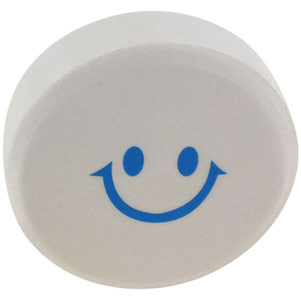
There are many causes of stress in our life. In the previous chapter of the stress pill series, I listed 30 causes of stress, which you may choose to avoid. Here are some more scientific evidence-based beliefs, ideas and thoughts that increase your level of stress.
1. Be dependent on others! We are not meant to be alone and it is only fair to expect others to do things for us. If you can count on someone else to do the job, then let them do it. Avoid going to new place on your own and never associate with new people. Always go to new places with a friend. If your friend is not coming to school for example, do not go to school that day because your productivity will be low anyway. Alternatively, you could recognize that you are unique. Your desires are your own. If you wait for someone else to do things for you, you may never get them done.
2. Everything that went wrong is your fault! Even if you had no direct connection to it, think that it is your fault. You could have done something to change it, so why didn’t you? Take the blame for everything. It makes you a sage! Unfortunately, it makes you tired and stressed too. Despite what you might think, not everything is related to you, and not everything is your responsibility to fix.















